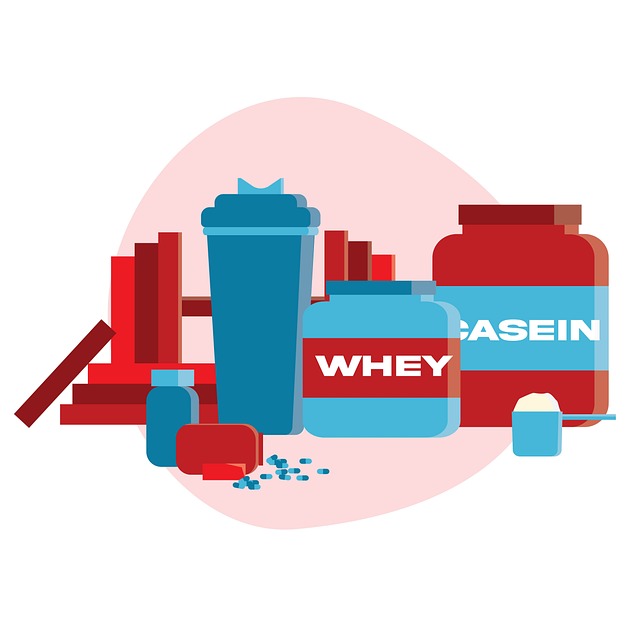Neuromodulation: Tuning the Brain for Optimal Performance
Imagine a world where you could fine-tune your brain like a radio, adjusting its frequencies to enhance focus, alleviate pain, or boost creativity. This isn't science fiction—it's the cutting-edge field of neuromodulation. But what exactly is this revolutionary approach to brain health, and how might it reshape our understanding of mental wellness?

The concept of modulating brain activity isn’t entirely new—electroconvulsive therapy, for instance, has been used since the 1930s. However, modern neuromodulation techniques are far more sophisticated, precise, and less invasive. They offer the potential to treat a wide range of neurological and psychiatric conditions, from chronic pain to depression, without the need for permanent alterations to brain tissue.
From Theory to Practice: Current Applications
Neuromodulation has already made significant strides in medical treatment. Deep brain stimulation (DBS), one of the most well-known forms of neuromodulation, has been successfully used to treat Parkinson’s disease, essential tremor, and dystonia. In DBS, electrodes are surgically implanted in specific brain regions, delivering controlled electrical impulses to regulate abnormal neural activity.
Another promising application is transcranial magnetic stimulation (TMS), which uses magnetic fields to stimulate nerve cells in the brain. TMS has shown efficacy in treating depression, particularly in cases resistant to traditional therapies. It’s non-invasive nature and relatively few side effects make it an attractive option for many patients.
The Cognitive Enhancement Frontier
Beyond treating medical conditions, neuromodulation is opening up exciting possibilities in cognitive enhancement. Researchers are exploring how these techniques might be used to boost memory, increase focus, or even enhance creativity in healthy individuals.
One area of particular interest is transcranial direct current stimulation (tDCS), which involves applying weak electrical currents to the scalp. Early studies suggest that tDCS might improve working memory, attention, and problem-solving skills. While the technology is still in its infancy, it has sparked debates about the ethical implications of cognitive enhancement and the potential for creating a “neuromodulation divide” between those who have access to such technologies and those who don’t.
Challenges and Considerations
As with any emerging technology, neuromodulation faces several challenges. One primary concern is the long-term effects of artificial brain stimulation. While short-term studies have shown promising results, the impact of prolonged use on brain plasticity and overall health is not yet fully understood.
Additionally, the highly individualized nature of brain function means that neuromodulation techniques may not work uniformly for everyone. What enhances cognitive function in one person might have no effect—or even adverse effects—in another. This variability underscores the need for personalized approaches and further research to understand the complex interplay between neuromodulation and individual brain characteristics.
The Future of Brain Health
As our understanding of the brain grows and technology advances, the potential applications of neuromodulation continue to expand. From treating neurological disorders to optimizing cognitive performance, this field holds immense promise for revolutionizing our approach to brain health.
Imagine a future where personalized neuromodulation protocols could be prescribed like exercise regimens, tailored to individual needs and goals. We might see the development of non-invasive, wearable devices that subtly modulate brain activity throughout the day, enhancing mood, focus, or creativity as needed.
However, as we venture into this new frontier, it’s crucial to proceed with caution and ethical consideration. The power to directly influence brain function comes with great responsibility, and the scientific community must work closely with ethicists, policymakers, and the public to ensure that neuromodulation technologies are developed and used responsibly.
Illuminating Insights: Neuromodulation Facts
• Neuromodulation market is expected to reach $13.3 billion by 2027
• Over 150,000 people worldwide have received deep brain stimulation implants
• TMS has been FDA-approved for depression treatment since 2008
• Researchers are exploring neuromodulation for conditions like Alzheimer’s and addiction
• Some athletes are experimenting with tDCS to enhance performance, raising questions about fairness in sports
As we continue to unlock the mysteries of the brain, neuromodulation stands at the forefront of a new era in neuroscience and mental health. By harnessing the power to tune our neural networks, we may soon have unprecedented control over our cognitive and emotional states. While challenges remain, the potential benefits of this technology in treating disease, enhancing wellbeing, and expanding human capabilities are truly mind-boggling. The future of brain health is not just about preventing decline—it’s about optimizing our most complex organ for a richer, more vibrant life experience.





